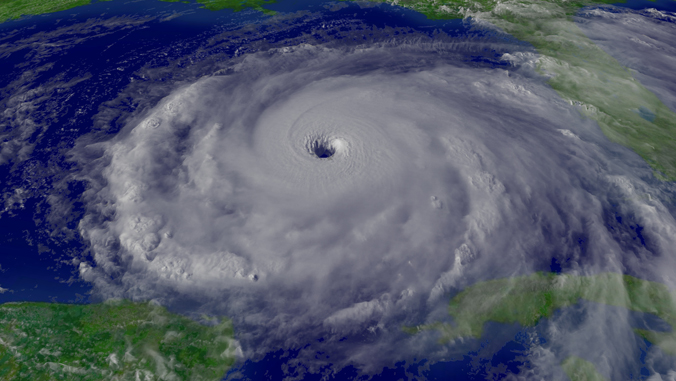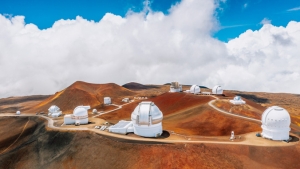
From weather forecasting to traffic management to drug discovery, a new 3-year, $335,000 National Science Foundation grant will support a University of Hawaiʻi at Mānoa faculty member’s work to improve scientific research methods that have the potential to impact a wide range of fields and disciplines.

Information and Computer Sciences Department Professor Henri Casanova’s project, “WfCommons Tools for Workflow Research, Development, and Education on the CyberInfrastructure,” aims to advance the state of the art of scientific workflows. Scientific workflows are structured computational processes used to analyze large amounts of data, and are crucial in fields such as climate modeling, health sciences and artificial intelligence.
“Scientific workflows have already supported many ground-breaking discoveries and have now become mainstays in today’s science,” Casanova said. “By providing realistic, accurate and usable data that is fundamental to advancing scientific workflows that arise in virtually all fields of science, WfCommons will directly impact the development, the advancement and the sustainability of our society.”
Casanova’s project will create tools and datasets to help better understand, research and serve scientific workflows. The datasets will contain “workflow instances” that precisely describe the structure and the resource consumptions of real-world production workflows. The exploitation of these datasets will unlock several avenues for improving the scientific workflows that are key to faster and new breakthroughs in scientific fields.
The Information and Computer Sciences Department is housed in UH Mānoa’s College of Natural Sciences.

